Several other regions across the country are actively laying the foundation in hopes of securing approval to establish free trade zones (FTZs).
HANOI – A growing number of Vietnamese provinces are setting their sights on establishing free trade zones (FTZs) as a strategic move to unlock new avenues for economic growth.
Among the most recent to join this push is Khánh Hòa Province. At a meeting with businesses and investors, Trần Quốc Nam, Chairman of the provincial People’s Committee, announced that the province is actively studying the development of the Khánh Hòa Free Trade Zone. The proposed location is the Vân Phong Economic Zone—one of the region’s designated economic engines—with ambitions to turn it into a gateway for marine economic development and high-end international services.
The central province of Hà Tĩnh is also advancing plans for an FTZ in the Vũng Áng area. A special meeting in mid-July brought together provincial leaders to discuss turning the zone into a major international logistics hub serving the broader Indochina region. The Department of Finance has been directed to coordinate with relevant agencies to finalize a proposal, which is expected to be submitted to the provincial Party Committee’s Standing Board by August 10.
Beyond Khánh Hòa and Hà Tĩnh, multiple provinces across Vietnam are laying the groundwork for their own FTZs.
In southern Đồng Nai, officials are working on a proposal for an FTZ integrated with the infrastructure of Long Thành International Airport. The initial plan includes four specialized subzones focusing on manufacturing, logistics, financial and commercial services, and high-tech sectors such as research, innovation, IT, and the digital economy. The estimated investment for the project stands at around US$16 billion.
Likewise, Bà Rịa–Vũng Tàu—now administratively part of Ho Chi Minh City—previously mapped out plans for an FTZ centered around the Cái Mép Hạ seaport. Spanning over 3,749 hectares, the zone was designed to be driven by the digital, green, and circular economies.
Despite the wave of local initiatives, only two FTZs—Đà Nẵng and Hải Phòng—have received official approval from the National Assembly for pilot implementation. These projects are backed by breakthrough policies and special mechanisms designed to fast-track their development.
The Đà Nẵng Free Trade Zone, officially established in mid-June, covers more than 1,880 hectares. It is envisioned as a major economic center and strategic growth pole for both the central region and the nation as a whole. In the long term, the FTZ aims to become a key node in global and Asia-Pacific supply chains—serving as a manufacturing base and international cargo transit hub, closely connected to Liên Chiểu Port, Đà Nẵng International Airport, and the East-West Economic Corridor.
The Vietnamese government has set an ambitious economic target for the coming years: achieving double-digit GDP growth starting in 2026. For the current year, the target growth rate is between 8.3% and 8.5%. While traditional growth drivers such as investment, consumption, and exports remain vital, the government is also placing greater emphasis on new economic models—including international financial centres and free trade zones (FTZs)—as key engines of future growth.
Presenting the special mechanism for Hải Phòng to the National Assembly, which includes the establishment of the Hải Phòng Free Trade Zone, Minister of Finance Nguyễn Văn Thắng stressed that this mechanism would provide a foundation for transforming the northern port city into a new economic growth pole within the Red River Delta. He underscored its potential contribution to the national goal of double-digit growth during the 2026–2030 period.
Speaking specifically about the Hải Phòng FTZ, Thắng explained that the zone is expected to attract substantial investment and evolve into a logistics hub, supported by preferential policies on foreign currency operations and land leasing. He noted that FTZs could position Vietnam as a regional transhipment and packaging hub, better connected to global supply chains, while also boosting foreign currency inflows and trade throughput.
Thắng also emphasized that the special, preferential policies granted to FTZs would be implemented with great care, subject to rigorous oversight and monitoring. If proven effective during the pilot phase, the government may propose expanding the model and incorporating it into national legislation.
At the official launch of the Đà Nẵng Free Trade Zone, established by decision of the Prime Minister, Deputy Prime Minister Nguyễn Hòa Bình highlighted the transformative potential of the project. He called it a future “catalyst” for global economic integration, capable of driving not only the development of Đà Nẵng but also contributing to the broader prosperity of the central region and the country as a whole.

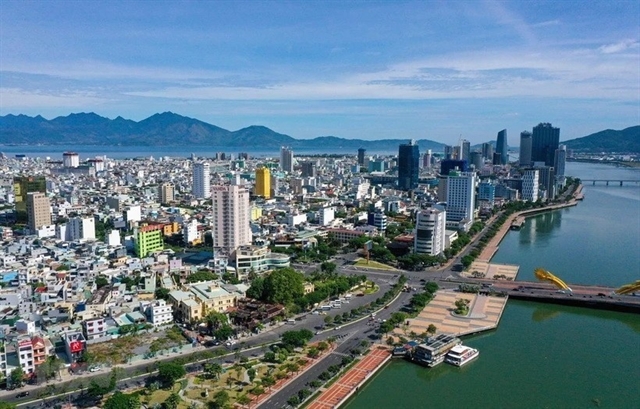

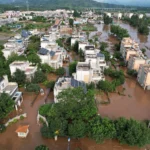

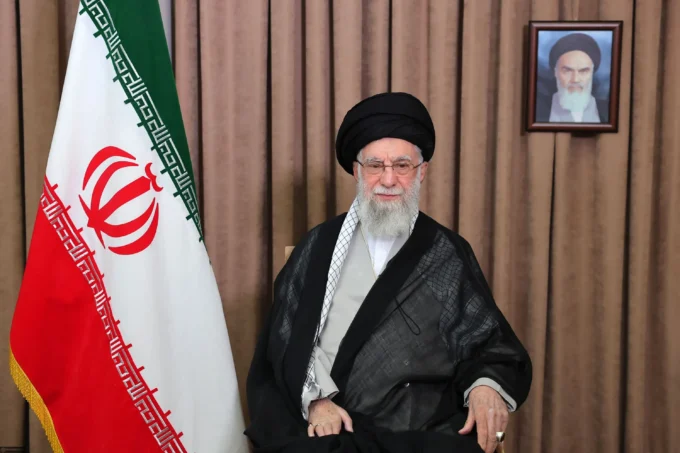
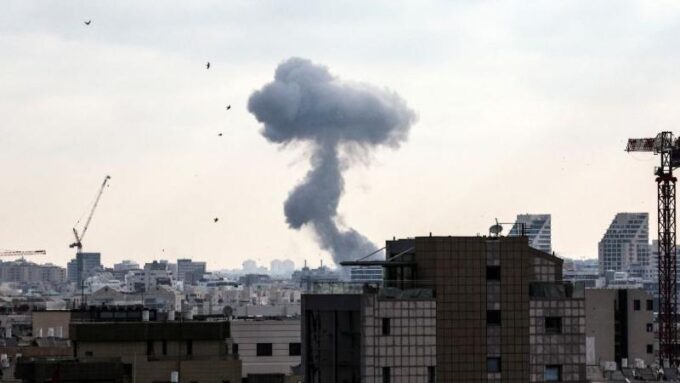



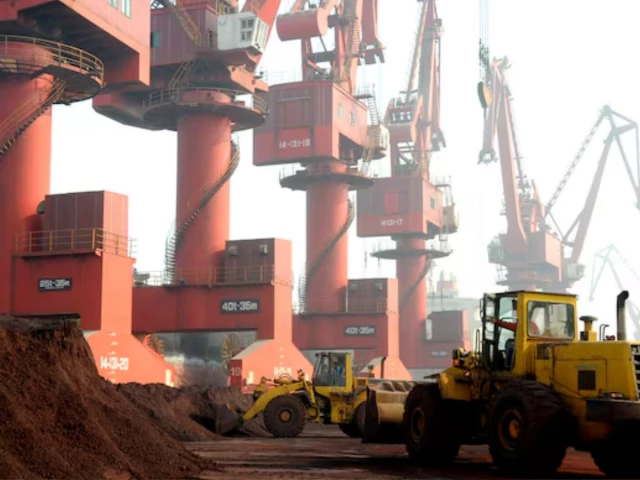


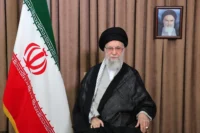

Leave a comment